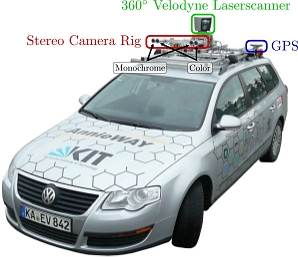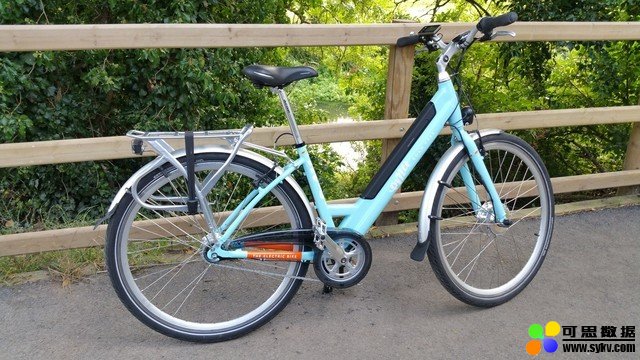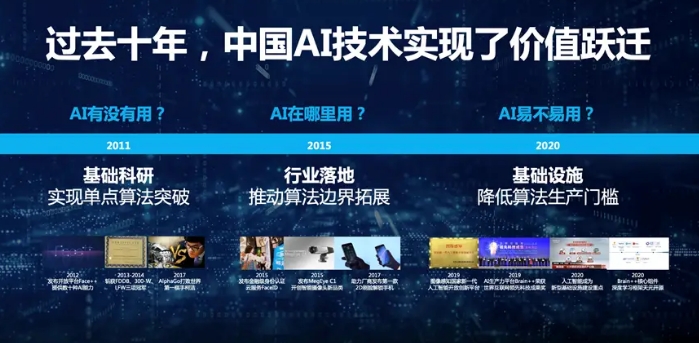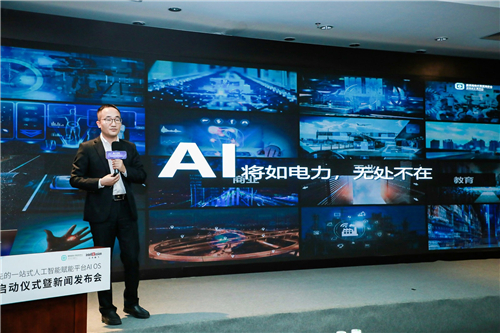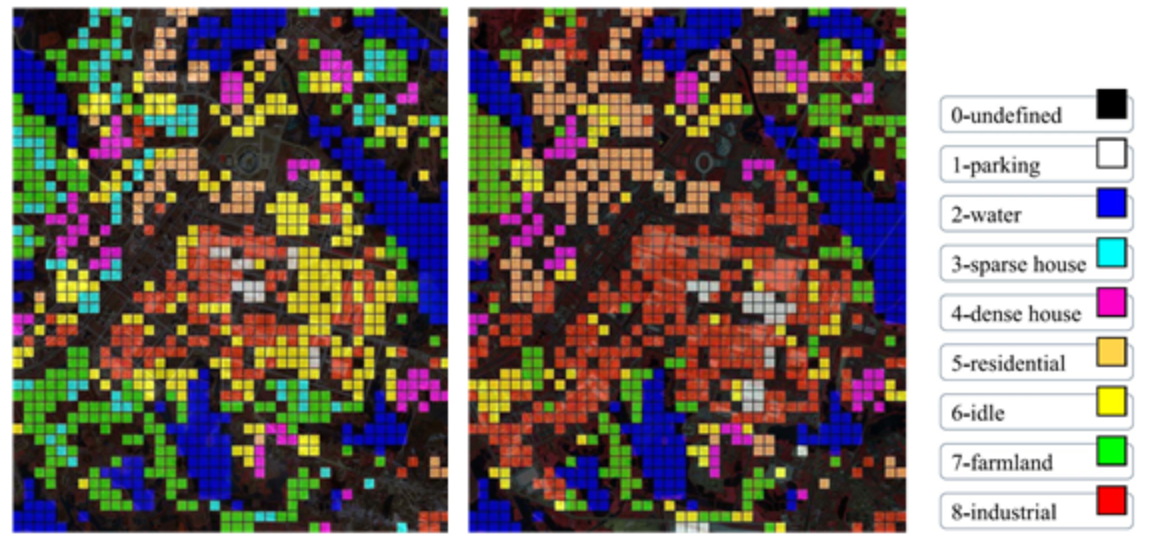460亿美元!2019年机器人产业获得创纪录投资
相比以往,尽管近两年机器日行业并不尽如人意,但是机器人产业在2019年获得了创纪录的投资,总额达到460亿美元。
根据全球技术咨询公司ABI Research最近发布的数据,收购总额为178亿美元,投资总额为290亿美元。大部分资金都集中在自动驾驶汽车(APV),外科手术机器人和仓库自动化上,而现场机器人和无人机服务则有了显着增长。

“尽管技术尚未商业化,但Waymo、Cruise、Zoox等自动驾驶乘用车开发商仍在继续从公司和风投那里获得大量资金,” ABI Research高级分析师Rian Whitton说。“外科手术机器人也获得了巨额资金,并且已经在相当大的程度上实现了商业化,迄今为止,Intuitive Surgical销售了5,000多个达芬奇机器人系统。”资金在几个特定领域的本地化既取决于技术的预期效果,也要归功于像丰田这样的主要汽车制造商、像强生这样的健康公司以及像亚马逊这样的电子零售商的相对市场力量。
就位于不同技术集群的公司而言,美国和中国占所有投资价值的89%。加州有77家机器人厂商投资,而美国其他地区则有88家公司。其他拥有大量投资的国家包括加拿大、以色列、日本和英国。
除了风险投资家外,一些大型公司对自动化技术也产生了浓厚的兴趣,包括亚马逊对视觉导航开发商Canvas Technology的投资。同时,软银对包括机器人技术服务提供商CloudMinds,接待机器人开发商Bear Robotics以及物流自动化公司Berkshire Grey在内的各种机器人公司进行了大量投资。热像仪制造商FLIR也对无人机和地面机器人进行了大量投资,以支持其用于安全和工业检查的解决方案。他们的收购包括Aerodyne Group和iRobot的一部分Endeavor Robotics。“大型企业明白,虽然机器人产业不是一个短期的命题,但它将是生产力显著增长的源泉,这是未来竞争所必需的。” Whitton说道。
尽管2019年的融资规模较前一年大幅增长,但新冠疫情的影响可能意味着,随着投资者等待评估经济衰退的可能规模,许多供应商在吸引资金方面将面临更大的挑战。像外科手术机器人和仓库自动化这样易于商业化的市场可能会从这场危机中受益。与此同时,自主驾驶乘用车市场可能会因缺乏商业准备而遭受不利影响,尽管这并没有阻止今年第一季度对自动驾驶汽车开发商如Pony AI和Waymo的大规模投资。“在大流行的巨大影响变明朗之前,2020年已经成为机器人技术投资强劲的一年,自动叉车和牵引车开发商Seegrid和Vecna已经获得了资金,” Whitton总结道。
以下是外网报道原文:
“Despite not having commercialized their technology, autonomous passenger vehicle developers like Waymo, Cruise, Zoox and company have continued to amass enormous funding from the corporate and VC world,” said Rian Whitton, senior analyst at ABI Research. “Surgical robots also received huge funding, and have already been commercialized to a considerable extent, with Intuitive Surgical selling over 5,000 Da Vinci robot systems to date.” The localization of funds to a few specific sectors is down both to the anticipated effect of the technology and the relative market power of major auto manufacturers like Toyota, health companies like Johnson & Johnson and E-retailers such as Amazon.
The robotics industry received record investment in 2019, totaling in at US$46 billion. According to recent figures published by global tech advisory firm ABI Research, a total of US$17.8 billion went to acquisitions and a further US$29 billion went into investments. Most of the funding was focused on autonomous passenger vehicles (APV’s), surgical robotics, and warehouse automation, with significant growth for field robotics and drone services.
The United States and China account for 89% of all investment value, in terms of companies located in their various tech clusters. California hosts 77 robotics vendors that were invested in, while the rest of the United States had 88 companies. Other countries with considerable investment included Canada, Israel, Japan, and the UK.
Aside from venture capitalists, a few major corporations have taken a significant interest in automation technologies, including Amazon with their investment in vision-based navigation developer Canvas Technology. Meanwhile, Softbank made a considerable investment in a variety of robot companies, including robotics service provider CloudMinds, hospitality robot developer Bear Robotics, and fulfillment automation company Berkshire Grey. FLIR, the thermal camera manufacturer, also invested heavily in drones and ground robots to shore up its solutions for security and industrial inspection. Among their acquisitions include Aerodyne Group and Endeavour Robotics, formerly part of iRobot. “Major corporations understand that, while the robotics industry isn’t a short-term proposition, it will be the source of considerable productivity growth that will be necessary to compete in the future,” said Whitton.
Despite the scale of funding in 2019 growing considerably from the previous year, the impact of COVID-19 will likely mean it will be more challenging for many vendors to attract funding as investors wait to assess the likely scale of the economic downturn. Markets with an easy route commercialization, like surgical robots and warehouse automation, could benefit out of the crisis. At the same time, the autonomous passenger vehicle market could be adversely affected due to lack of business-readiness, though this has not prevented big investments in APV developers like Pony AI and Waymo in the first quarter. “Prior to the pandemic’s massive impact became clear, 2020 was already shaping up to be a strong year for robotics investment, with autonomous forklift and tow tractor developers Seegrid and Vecna already receiving funding,” Whitton concludes.

时间:2020-05-30 23:13 来源: 转发量:次
声明:本站部分作品是由网友自主投稿和发布、编辑整理上传,对此类作品本站仅提供交流平台,转载的目的在于传递更多信息及用于网络分享,并不代表本站赞同其观点和对其真实性负责,不为其版权负责。如果您发现网站上有侵犯您的知识产权的作品,请与我们取得联系,我们会及时修改或删除。
相关文章:
相关推荐:
网友评论:



